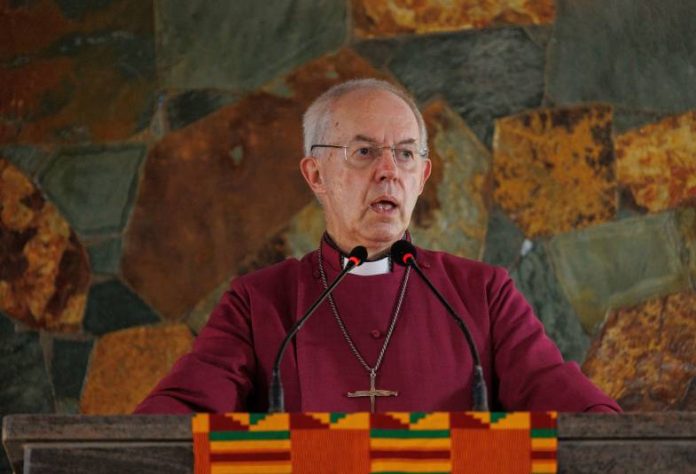When you think about the Church of England, you might imagine tea with the vicar or village bake sales. Most probably don’t associate it with racial identity politics.
Yet the church has been taken over by an identitarian faction in recent years. In January last year, the church announced a £100million slavery reparations fund in an effort to ‘address the past wrongs of slavery’. The decision followed a report, published in the same month, which found that the church had invested in a company that transported slaves. Since this announcement, the church has been engulfed in a firestorm of controversy. Earlier this month, church leadership was forced to promise that no parish donations would be earmarked for the reparations fund, after parishioners stopped giving cash in protest.
Like most British institutions that are over a few hundred years old, the church did have some involvement in slavery. In the 17th and 18th centuries, it reportedly held investments in companies and colonies that were directly involved in the transatlantic slave trade. Notably, the church also benfitted from investments in the South Sea Company, which was granted a monopoly on British trade in South America, including the slave trade. Various clergymen and church institutions also owned slaves or profited from plantations in the Caribbean.
While intended as a gesture of penance, the church’s reparations fund is ultimately nonsensical. Despite the history, today’s parishioners bear no direct responsibility for events hundreds of years ago. Modern-day congregants are generations removed from the individuals who engaged in or profited from slavery. They were neither participants in nor beneficiaries of the injustices committed centuries ago. Holding them financially or morally accountable for the crimes of their predecessors, even indirectly, is inherently unjust.
More than that, though, these reparations are also deeply impractical. The church’s significant financial resources could be more effectively spent addressing issues directly impacting communities. Investing in education and alleviating poverty could provide much more tangible benefits than making symbolic gestures. Even simply repairing the many decaying parish churches across the country would be a better use of time and money. The diversion of funds towards something as abstract as reparations neglects the very real, urgent injustices that could be addressed.
Unfortunately, the church has been completely captured by racial identity politics. It recently published ‘myth-buster’ guidance to justify reparations and counter what it calls ‘misleading impressions’ in the media coverage. It is also quite happy to set aside hundreds of thousands of pounds for roles such as an ‘anti-racism practice officer’, whose job it is to ‘deconstruct whiteness’. Earlier this year, at the General Synod’s bi-annual conference, the church even adopted a ‘racial justice’ motion, which will force every parish in England to develop a ‘race action plan’.
Read it all in Spiked



